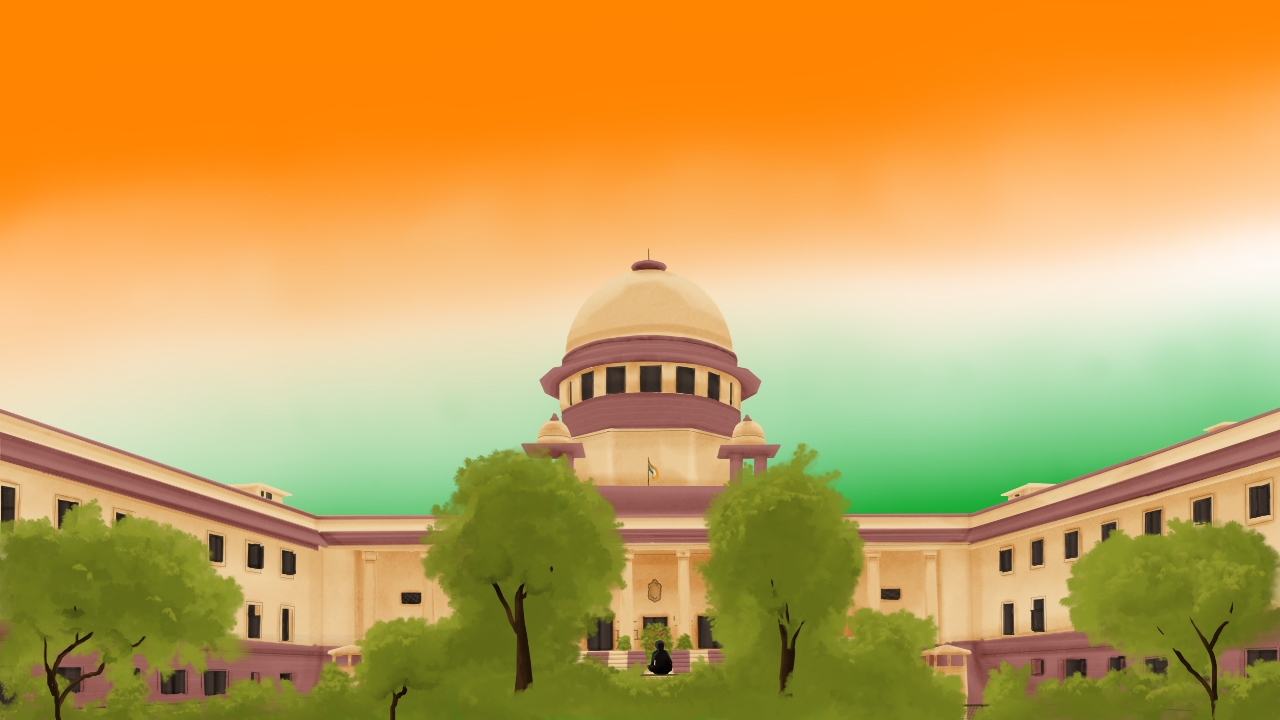NCLT Has No Unfettered Jurisdiction On Resolution Plan Drawn By IBC: Supreme Court

The Apex Court in case of Jaypee Kensington Boulevard Apartments Welfare Association v. NBCC (India) Ltd., ruled that NCLT cannot exercise unfettered jurisdiction in the matter of approval of a resolution plan that is drawn by Sections 30(2) & 31 of the Insolvency and Bankruptcy Code (IBC).
In the background, IDBI Bank Ltd., one of the financial creditors (FC) of Corporate Debtor (CD) Jaypee Infratech Ltd. (JIL), filed petition u/s 7 of IBC. NCLT admitted the petition and initiated Corporate Insolvency Resolution Process (CIRP) against CD. Subsequently, the Committee of Creditors (CoC) approved a resolution plan submitted by NBCC (India) Ltd. by a vast majority of over 97%. Thereafter, Interim Resolution Professional (IRP) moved application before NCLT for submission and approval of the plan u/s 30(6) r/w/s 31 and 60(5) of IBC and CIRP Regulation 39(4). Later on, NCLT proceeded to approve the plan with some modifications.
The Apex Court however, exercising its power u/Art. 142 of the Constitution remitted the matter regarding approval of the resolution plan to CoC of JIL and issued directions thereunder.
The Full Judge Bench of Apex Court comprising Justice Dinesh Maheshwari, Justice AM Khanwilkar & Justice Sanjeev Khanna pointed out certain parameters, namely:
1. Appellate Authority had limited jurisdiction in matter of approval of a resolution plan as prescribed u/s 30(2), 31 and 61. AA could neither interfere with commercial aspects of the decision of CoC nor substitute any commercial term of the resolution plan approved by CoC.
2. Decisions whether CD should continue as a going concern or be liquidated or whether a particular resolution plan should be accepted or not or maximization of assets were all business decisions to be decided by CoC.
3. If AA or Appellate Authority found any shortcoming in the resolution plan vis-à-vis the specified parameters, it could only send the plan back to CoC.
4. Power to approve or reject a plan by AA did not include power to modify a plan. Terms of the Resolution Plan clearly and directly pertained to the financial model proposed by the resolution applicant and accepted by the requisite majority of CoC. The only course open for it was to send the plan back to CoC for reconsideration.
5. Regulation 39(3B) permitting CoC to put more than one resolution plan to vote was inserted to CIRP Regulations later. Being prospective in operation, it would not apply to the present process.
Apex court stated that both plans were rightly placed by IRP before CoC and CoC rightly voted on such plans and approved one of them. Legislature had simply made the position clear by way of a later amendment by specifically making stipulations for simultaneous voting over more than one resolution plan by CoC.
In any case, even before amendment, there was no prohibition on putting two or more conforming resolution plans to vote simultaneously. Furthermore, amendment being clarificatory in nature it only gave out the methodology for putting more than one resolution plan to vote.
6. For a proper and meaningful implementation of approved resolution plan, payment envisaged by the second part of clause (b) of sub-section (2) of sec. 30 could only be payment in terms of money.
The court clarified that FC who had chosen to quit CD by not putting his voting share in favour of approval of proposed plan of resolution (i.e., by dissenting) could not be forced to yet remain attached to CD by way of provisions in the nature of equities or securities.
Further, in true operation of provision contained in second part of sub-clause (ii) of clause (b) of sub-section (2) of sec. 30 (r/w sec. 53), expression "payment" only refers to payment of money and not anything of its equivalent in the nature of barter.
Besides, a provision in that regard must be made in the resolution plan whether in terms of direct money or in terms of money recovery with enforcement of security interest.
Case Title: Jaypee Kensington Boulevard Apartments Welfare Association v. NBCC (India) Ltd
